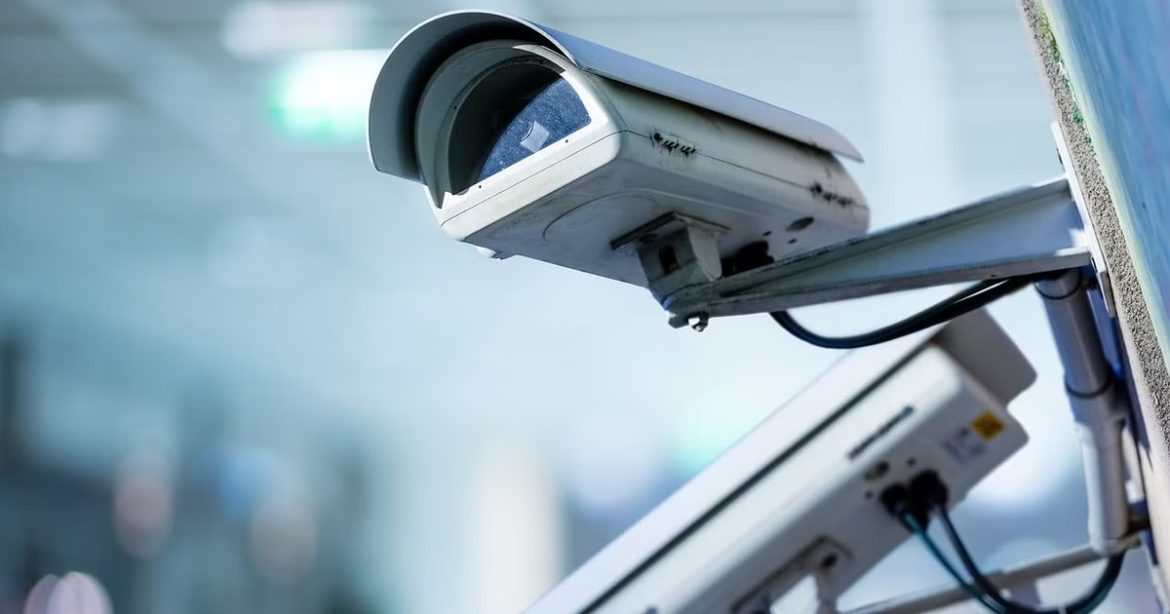Hoteliers have strongly objected to the Maharashtra government’s pre-election “draconian” directive mandating AI-based CCTV surveillance in all licensed bars for live, real-time monitoring. They label the move as intrusive, made without stakeholder consultation, and liken it to establishing a “police state.
THE ADVANCED SYSTEM WOULD USE AI-ML ALGORITHMS TO ANALYSE VIDEO FOOTAGE IN REAL- TIME TO DETECT AND RECOGNIZE OBJECTS, FACES, AND BEHAVIOUR, PROVIDING ENHANCED SECURITY AND MONITORING CAPABILITIES AND SENDING ALERTS FOR USER- DEFINED ACTIVITIES
► THE ISSUE WAS FIRST HIGH- LIGHTED IN DETAIL BY A NEWS AGENCY (OCTOBER 16) KICKING OFF A HUGE DEBATE IN THE HOSPI- TALITY INDUSTRY WITH HRAWI RAISING CONCERNS ABOUT IT AS “DRACONIAN, EXCESSIVE, EXPEN SIVE AND INTRUSIVE WITHOUT A PROVEN EFFICACY FOR ENHANC- ING PUBLIC SAFETY
The Hotel and Restaurant Association T Western India (HRAWI) said that the government’s order mandating around 20,000 licensed liquor vendors in the state to install advanced CCTVs capable of 24×7 real- time Al and machine-learning monitoring at entry points
In a detailed statement, HRAWI Secretary Pradeep Shetty said that they have submitted a memorandum to state Chief Secretary Sujata Saunik saying they were not consulted on the unreasonable and arbitrary order that would cause financial and other burdens on the hotels-restaurants. Shetty pointed out the major privacy issues especially for celebs or VIP guests, those coming to spend unguarded moments with their families/friends and videotapes of such gatherings with data storage and transmission could lead to cyber security risks. The HRAWI has warned of possible exposure to ransomware, hacking and exposing the establishments to risks of data privacy and breach on which the government order is silent. “The order infringes on the privacy rights of patrons, negatively impacting the hospitality businesses as the mandated surveillance including live feeds, real-time alerts and stored footage could drive away customers,” said a worried Shetty
The HRAWI Vice-Chairman Chetan Mehta explained that the additional cost burdens which would be at least Rs 5-Lakhs for installation per establishment plus annual maintenance of over Rs 75,000, besides the costs of the round-the-clock high-speed Internet with 2TB storage, etc.
Mehta demanded that security being a state subject, the “cost of such an expensive and complicated system should be borne by the state” as it would be unaffordable for small establishments, as most already maintain the regular CCTV security that is available for the authorities as per needs.
Senior VP of HRAWI, Nirav Gandhi pointed out that such real-time Al monitoring is unmanageable and impractical, especially given the high volume of data that would be generated across establishments, with poten- tial legal and ethical issues surrounding data security and customer privacy.



